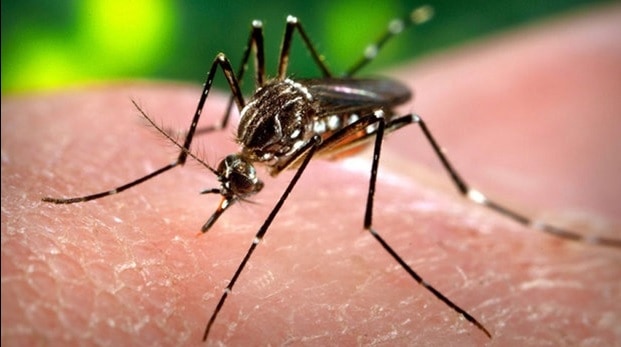
20 million mosquitoes to be released to limit population
pharmafile | July 17, 2017 | News story | Research and Development, Sales and Marketing | Novartis, Verily, biotech, drugs, google, pharma, pharmaceutical
Releasing 20 million mosquitoes does not sound like the right way to go about reducing the overall population; however, the project, backed by Verily Life Sciences, sees male mosquitoes infected with a particular bacterium that effectively makes them infertile.
The news is of interest for several reasons, for one, it gives a clearer idea of the kind of projects that Alphabet-subsidiary, Verily Life Sciences, is involved in and because it offers an alternative solution to the development of vaccines in the fight against numerous infectious disease, such as Zika.
The technology works by breeding mosquitoes at a rate of 150,000 per week, each being bred to be infected by a type of bacteria called Wolbachia. This means that when males of the species reproduce with female, the eggs that are produced do not release young. Verily brings automation to the process, with the breeding requiring very little human input.
Verily, alongside MosquitoMate, will release one million mosquitoes per week in an area of Fresno, California, to see if this method can significantly reduce the overall population. The numbers are required to be so high in order for male mosquitoes to be able to out-compete their fertile, non-infected wild competitors.
The particular mosquitoes that have been targeted are the invasive species Aedes aegypti, which is the species that carry the dengue, yellow fever and Zika viruses. Though the Zika virus has been brought under control in the areas where it impacted populations the most, there is still the threat it could spread and cause a public health risk again in the southern states of the US.
The long-term plan for Verily is to show that this method of mosquito population control is effective and reproducible in different areas. If the trials being carried out this summer prove effective, then it could be rolled out further and, beyond this, potentially be offered as services to countries at greater risk of the Zika virus.
It is another interesting step for Verily and one that displays the company beginning to flex its muscles in different areas. Only last month, it was revealed that it had invested in the Medicxi fund that seeks to invest in early-stage biotechs to bring their drugs through clinical stage trials and beginning to move into an area alongside pharma companies, such as GSK and Novartis. Not only is this a bet on the potential for European biotechs but it also sees the company able to appoint an expert to the scientific advisory board, alongside executives from Novartis.
Ben Hargreaves
Related Content

PeptiDream and Novartis extend peptide discovery collaboration
PeptiDream has announced the expansion of its peptide discovery collaboration with Novartis Pharma AG.

Novartis shares new data about Fabhalta for IgAN treatment
Novartis has announced new results from a pre-specified interim analysis of its phase 3 APPLAUSE-IgAN …

Novartis shares new data for Zolgensma in children with SMA
Novartis has announced new data to continue the support of the clinical benefits of Zolgensma …








